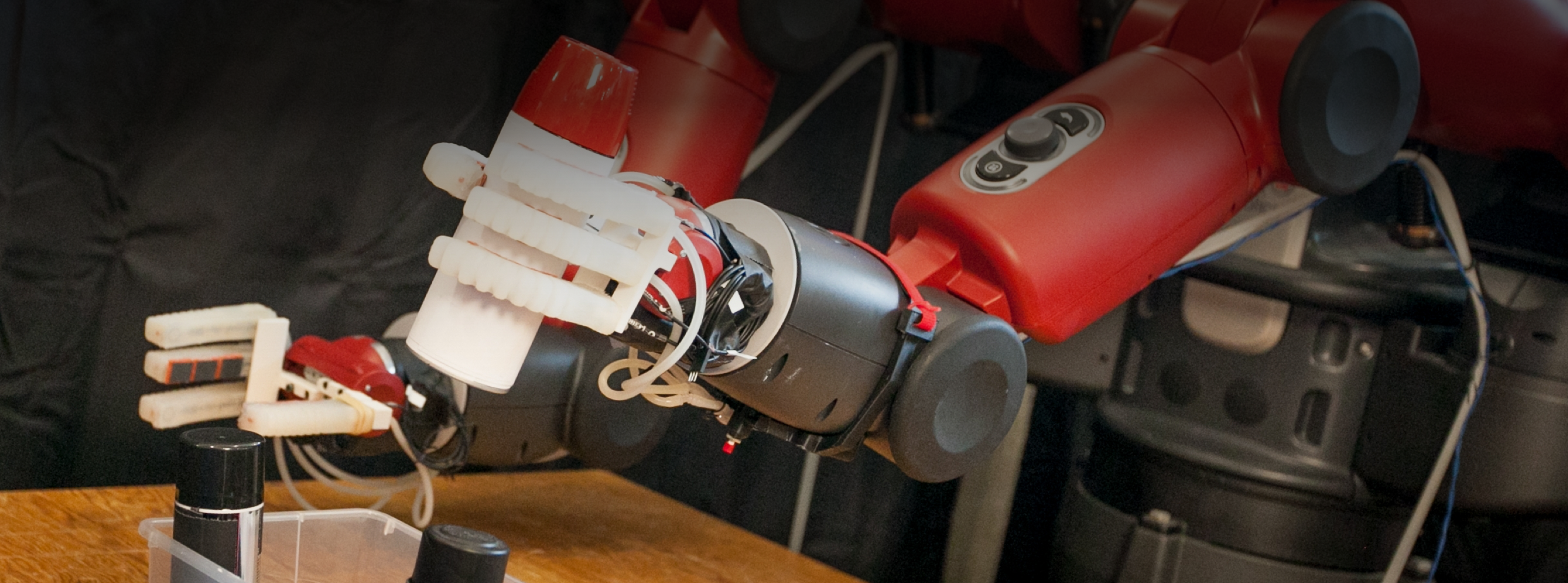WRITTEN BY: Nate Caldwell
A throughline of CSAIL’s researchers is their many diverse interests beyond their work. That includes CSAIL’s Professor David Karger, who often finds inspiration for his information retrieval research outside the office. While pursuing his passion for Israeli Folk Dancing, Karger was struck by a problem that faced the DJs at his folk dance sessions.
Prof. Karger says, “all of them have some sort of sophisticated app for managing all of the music that they're playing during the session. The problem is your typical music playing app like Spotify or Apple Music is designed for playing music and not for deejaying a folk dance session. And so for example, the kinds of information that are associated with each piece of music are not the information that the DJ needs. The DJ at the folk dance session needs to know: Is this a circle dance or a partner dance? Is it fast or slow? Who choreographed the dance for this particular piece of music?” This disconnect between the program's functionality and the information needed leads to wasted time, frustration, and jerry-rigged solutions. This issue exists beyond music apps to many tools that do not solve a user's actual need.
Much of Karger’s recent work has been about helping people get the right tools to solve their problems. Karger has spent time working on lo-code and no-code programming, with hopes of making it easier for non programmers to manage their data and reshape problem areas of their lives. “My general thesis is that people understand the information that they're working with quite well. And then they're forced to use tools that are not really ideally suited to working with that information.”
Making an analogy to office tools, Karger compares the way websites work to a word processing document, which is very static, while what users need is the capabilities of a spreadsheet or other outside application. Mavo allows users with entry level HTML knowledge to have a great deal of control over the functionality of the website, “It combines the capabilities of a spreadsheet with the capabilities of the document. You still do something like authoring a document in order to decide how your application should look, but the document is empowered to contain data that you can add and remove using these sort of specialized widgets that people are used to working with,” says Karger.
Shapir builds off the work of Mavo by helping people better utilize APIs. APIs (Application Programming Interfaces) are used by websites to allow people to contact the site and ask for data. Karger notes how people use data that comes from a variety of sources. If a DJ is pulling music from multiple streaming services, APIs are the way they would interface with that data,
“Maybe I want to make some kind of music application, but what I want it to play are music videos from YouTube, and that’s what I want to get to play and manage. Programming interface API is provided by many of these websites, which allows somebody to write a program that can contact the website and ask for data, and the data will be sent back as machine readable,” he says. The current problem with APIs is they require you to be a coder to know how to interact with them, which is where Shapir comes in. “You can use Shapir to ask that API for data and get it back in machine readable form without ever writing a line of code. And we've now taken Shapir and attached it to Mavo. So you can now build these Mavo applications that also make use of all of the data that's out there on the web without ever writing a single line of code,” says Karger. The combination of these two powerful open source projects proves that the future is bright for lo-code and no-code programming.
Another place Karger has helped people shape their experiences is through empowering people to enrich their online discussions. One place he started was his own student’s learning. His project NB allows students to discuss their course readings in margins of the text at hand, allowing for a natural flow of learning. His projects also have promising applications in helping moderate online discourse to prevent misinformation and hate. Squadbox is a project that helps filter out toxic messages from reaching their victims. Karger says, “The idea behind Squadbox is that it provides a framework that allows somebody who is suffering harassment to recruit their friends, to act as moderators of incoming messages to the person who is facing harassment. This is scalable. Instead of a single platform having to monitor incoming content for every single user, every person can turn to their own friends for help.”Another project, Trustnet, allows users to moderate their newsfeeds and only accept news from trusted sources, helping counter online misinformation.
Karger enjoys this line of research because it leads to interesting interactions with different communities. “I really enjoy talking to people who sympathize with the pain points that I’ve been talking about, who experience these problems, who see them as real problems in their work, or in their enterprise, or in their leisure. I’m always happy to talk to people about the challenges they’re facing in the management of information or in dealing with large-scale online discussions, and brainstorm about the tools that we’ve already created or what the tools we could create in the future might be,” says Karger. CSAIL Alliance members interested in connecting with David Karger should reach out to your client relations coordinator.

